Herniated disc - a nightmare for the elderly
Herniated disc is a common spinal disease, especially in middle-aged and elderly people. The disease occurs when the disc between the vertebrae is displaced from its original position, causing compression on the surrounding nerves. This condition often causes symptoms such as dull or severe pain in the lumbar region, neck, shoulder and nape, accompanied by radiating pain, numbness, muscle weakness in the arms or legs, limited mobility, seriously affecting the quality of life.
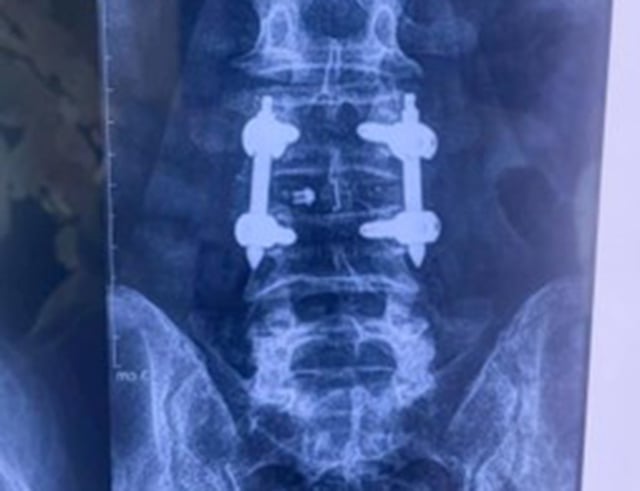
MRI image of the patient's lumbar spine
Photo: BVCC
For many years, Mr. E. had to live with persistent back pain, the pain spreading down both legs. Despite applying many local medical treatments, the symptoms did not improve, and the disease even became more serious, making it difficult to walk and do daily activities. The constant dull pain in the lumbar region caused him to lose sleep and feel tired, significantly affecting his quality of life.
Endoscopic spine surgery - an advanced solution for the elderly
Mr. E. was prescribed a magnetic resonance imaging (MRI) scan of the lumbar spine by a neurosurgeon - spine specialist to assess the damage.
The results of the MRI combined with the clinical examination showed that he had lumbar spine degeneration and disc herniation at the L3-L4 position, causing compression of the L4 nerve root - the cause of severe pain radiating down both legs. In addition, Dr. Tam also noted a slight disc protrusion at other positions such as L2-L3, L4-L5 and L5-S1, causing the damaged area to spread throughout the lumbar region.
Despite being 74 years old and suffering from many underlying diseases such as hypertension and atherosclerosis, Mr. E. is still eligible for surgery thanks to his stable health index and thorough professional assessment. The doctor prescribed endoscopic spinal surgery - a minimally invasive intervention method, applying modern technology, allowing precise access to the damaged location and relieving pressure on the nerve roots. Compared to traditional open surgery, endoscopic spinal surgery helps to minimize the risk of postoperative complications and shorten recovery time.
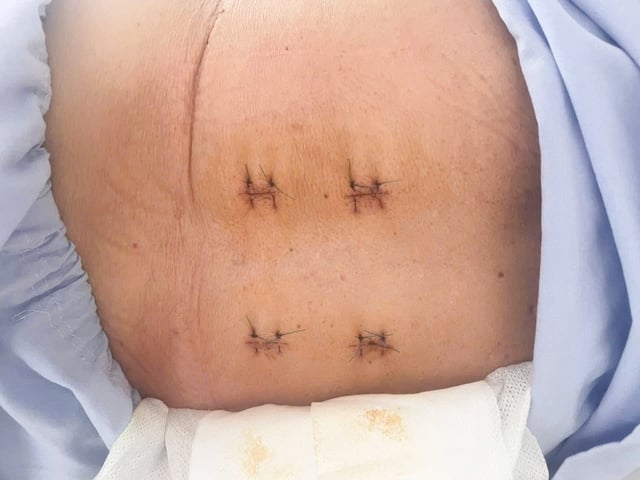
Unlike open surgery, laparoscopic surgery leaves only small scars.
Photo; BVCC
With the support of the C-arm imaging system, the surgical team successfully removed the entire herniated disc cartilage at the L3-L4 position and placed a specialized disc graft into the intervertebral space, fixed with 4 hollow-bore multiaxial screws, helping to restore the spinal structure and prevent re-compression of the nerve roots.
"For elderly patients with many underlying diseases like Mr. E., applying endoscopic surgery will significantly reduce the risk of blood loss, infection and shorten the hospital stay. This is one of the most advanced methods currently in the treatment of disc herniation," said the doctor.
Less than 2 days after the surgery, Mr. E.'s health had a positive change. He was able to walk lightly, and no longer felt the pain radiating down his legs like before - a symptom that had tormented him for a long time.
Sharing about his father's recovery process, Mr. E's son expressed his surprise: "We didn't think he could stand up so soon. Seeing him walk again just two days after surgery was truly beyond expectations." Mr. E's family also thanked the team of doctors and medical staff at the hospital for their dedication and professional care throughout the treatment process.
Don't let age be a barrier to treatment
Mr. E.’s case is a clear demonstration that age or underlying disease is no longer a barrier if the patient is detected and treated properly. If you or a loved one is silently suffering from prolonged back pain or leg numbness, do not be subjective or accept living with it. Early examination, timely treatment and choosing the right method can completely change your life.
Source: https://thanhnien.vn/dieu-tri-thoat-vi-dia-dem-bang-noi-soi-cu-ong-74-tuoi-phuc-hoi-sau-48-gio-185250610173943779.htm


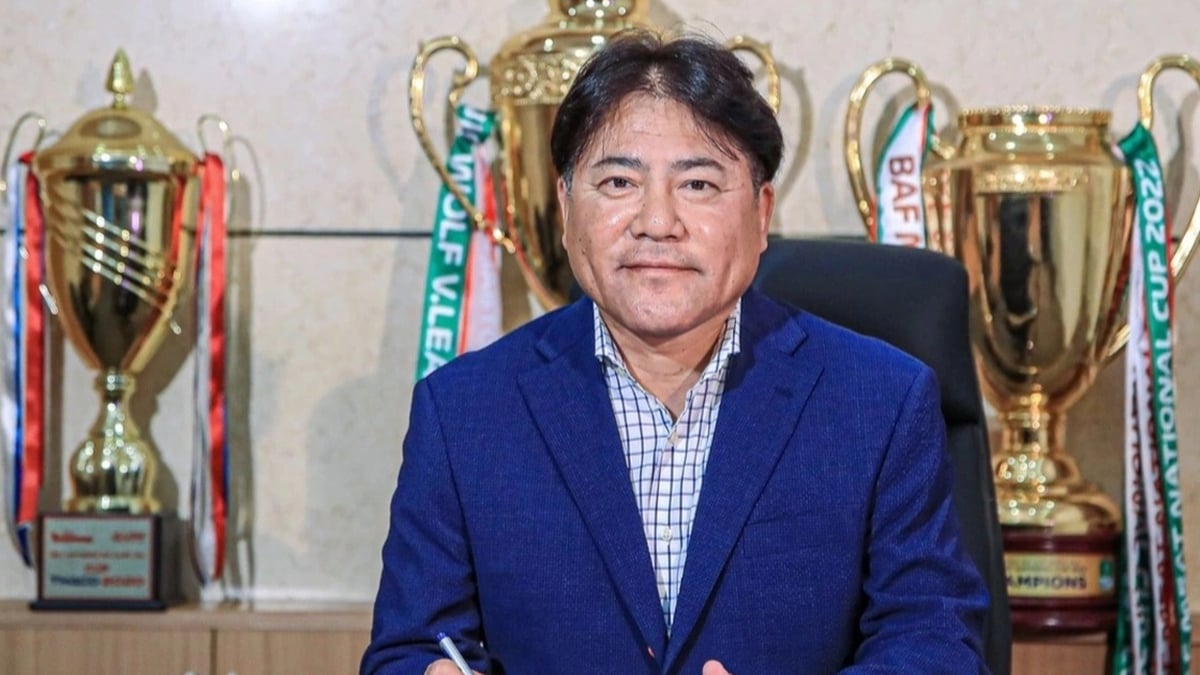





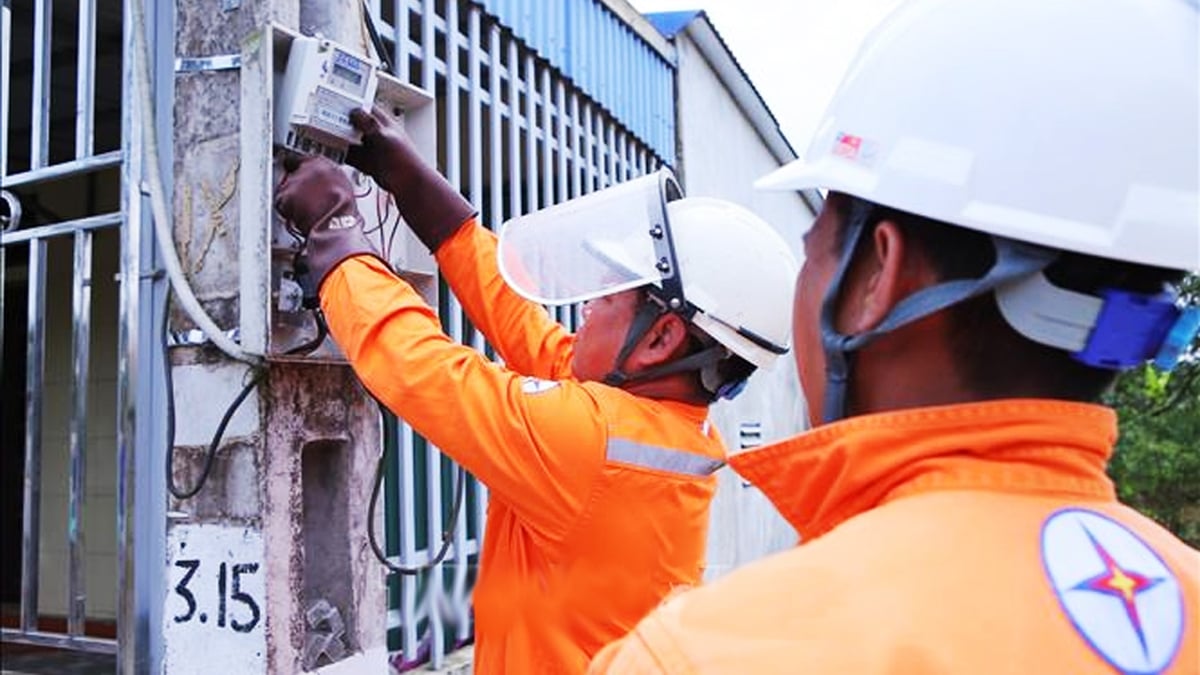
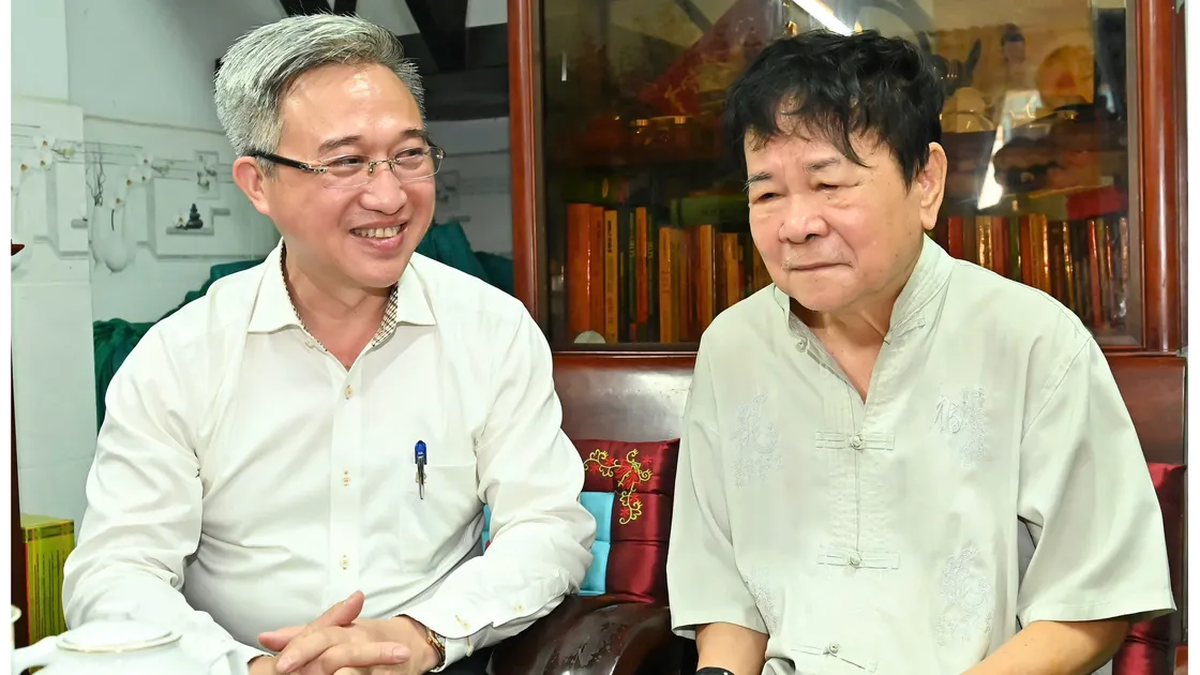

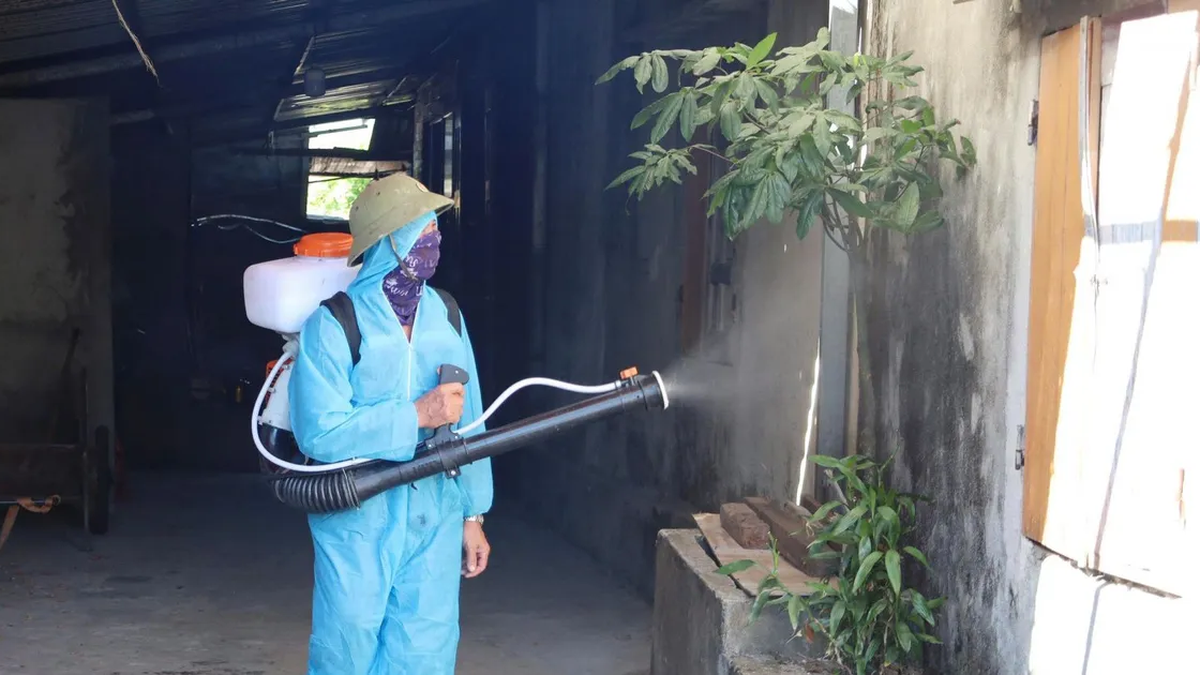
































































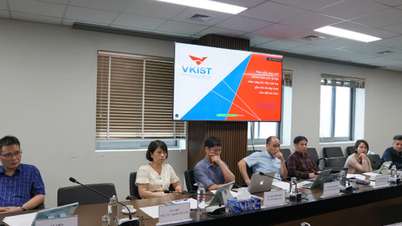

















![[Infographic] In 2025, 47 products will achieve national OCOP](https://vphoto.vietnam.vn/thumb/402x226/vietnam/resource/IMAGE/2025/7/16/5d672398b0744db3ab920e05db8e5b7d)





Comment (0)